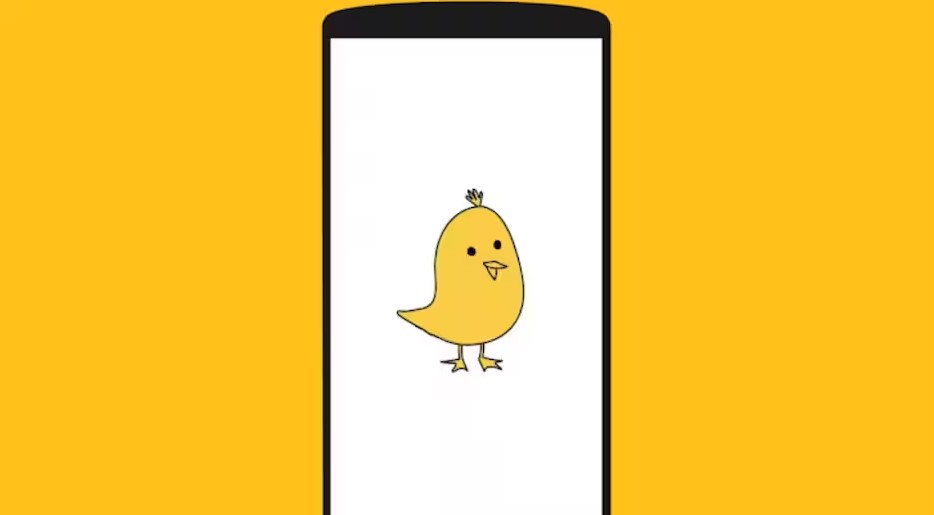Koo, the Indian microblogging platform launched in 2020 to rival Twitter (now known as X), is closing its doors. Founded by Aprameya Radhakrishna and Mayank Bidawatka, Koo aimed to provide an alternative to US-based social media services, focusing on users in local languages. Despite early success and significant user engagement, the company will cease operations after acquisition discussions with several larger internet companies, conglomerates, and media houses fell through.
Founders Announce Closure
In a LinkedIn post on Wednesday, founders Radhakrishna and Bidawatka confirmed the shutdown. They revealed that Koo had been in talks for acquisition with various entities, including Bangalore-based news and content aggregator Dailyhunt, according to a February report by TechCrunch. However, these discussions did not result in a deal.
Radhakrishna explained that a few potential buyers altered their priorities just before finalizing agreements. Additionally, many companies were hesitant to manage user-generated content and the unpredictable nature of a social media platform.
Rise and Fall of Koo
At its peak, Koo boasted around 10 million monthly active users and 2.1 million daily active users. The platform gained traction, particularly when the Indian government clashed with Twitter over content regulation, leading to government endorsement and increased adoption. In 2022, Koo surpassed 50 million users, with ambitions to overtake Twitter’s user base in India within a year.
Challenges and Financial Strain
Despite this growth, Koo faced significant challenges, including a prolonged funding winter that affected startups globally. Radhakrishna noted that Koo required five to six years of aggressive, long-term investment to scale and achieve profitability. However, the high costs associated with running the platform ultimately led to the decision to shut down.
Future Prospects
In 2022, Koo made its algorithms public, showcasing a commitment to transparency. The founders now indicate that they will explore transforming Koo into a “digital public good,” aiming to facilitate social conversations in native languages worldwide. While the journey of Koo as a standalone platform is ending, its legacy and underlying technology may continue to impact digital communication in regional languages.
The closure of Koo underscores the challenges faced by startups in the competitive social media landscape, especially those seeking to challenge established giants.

